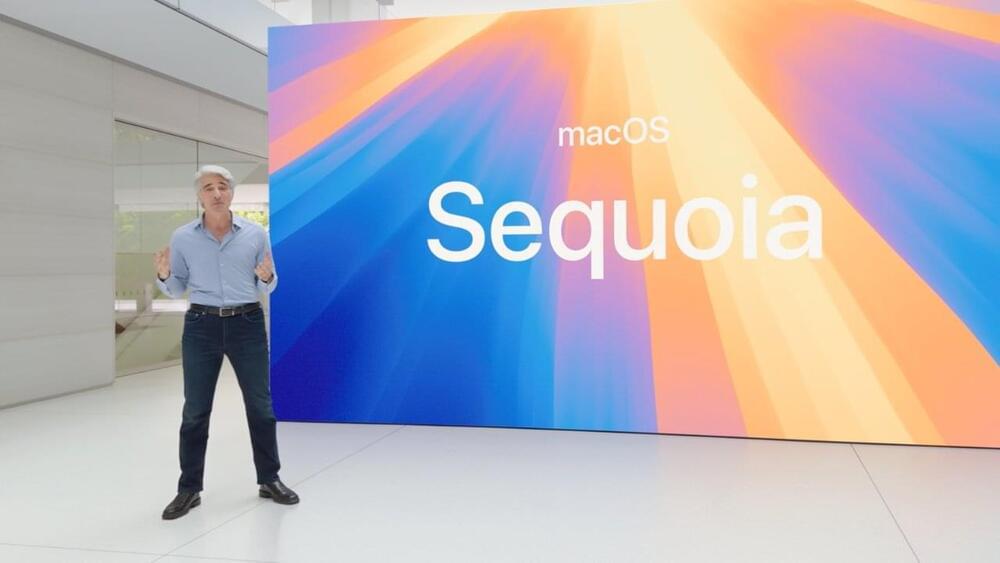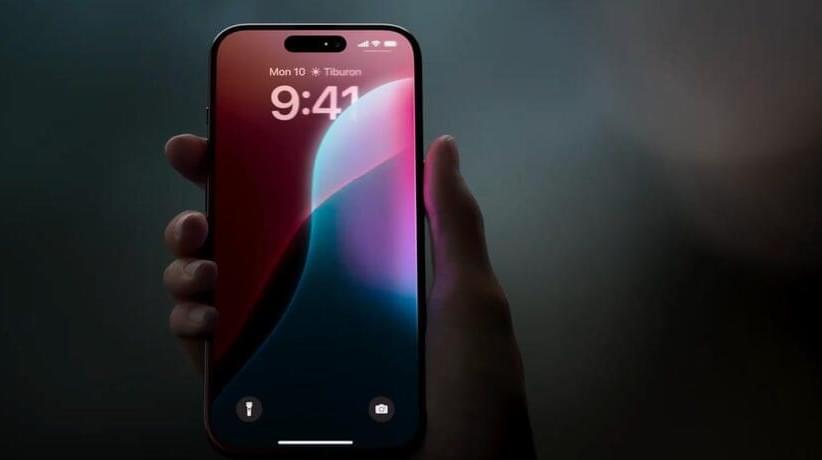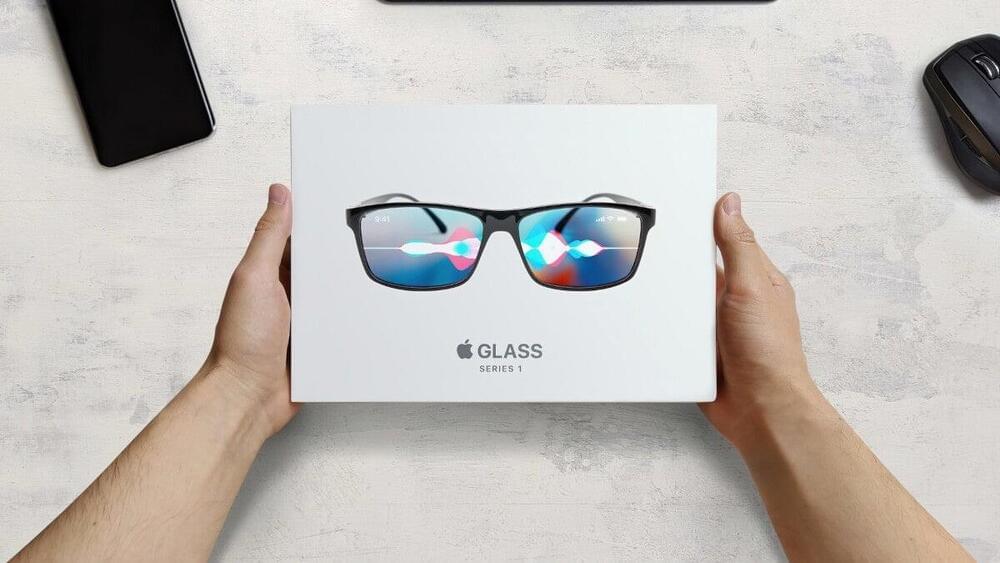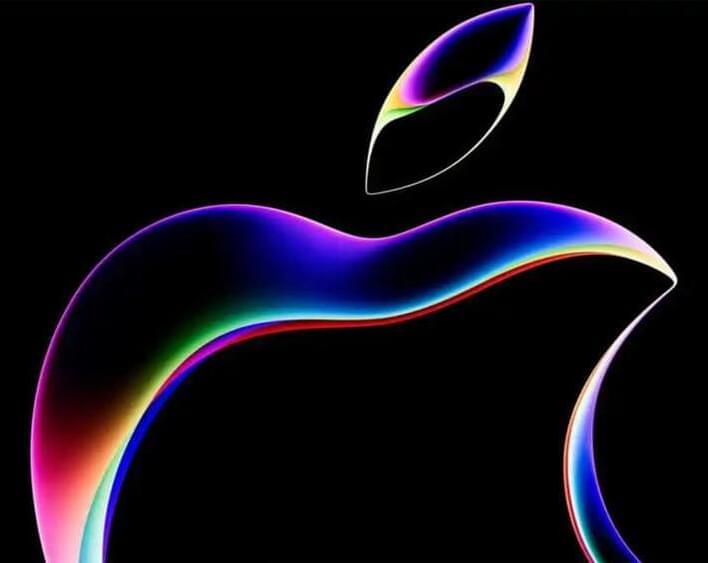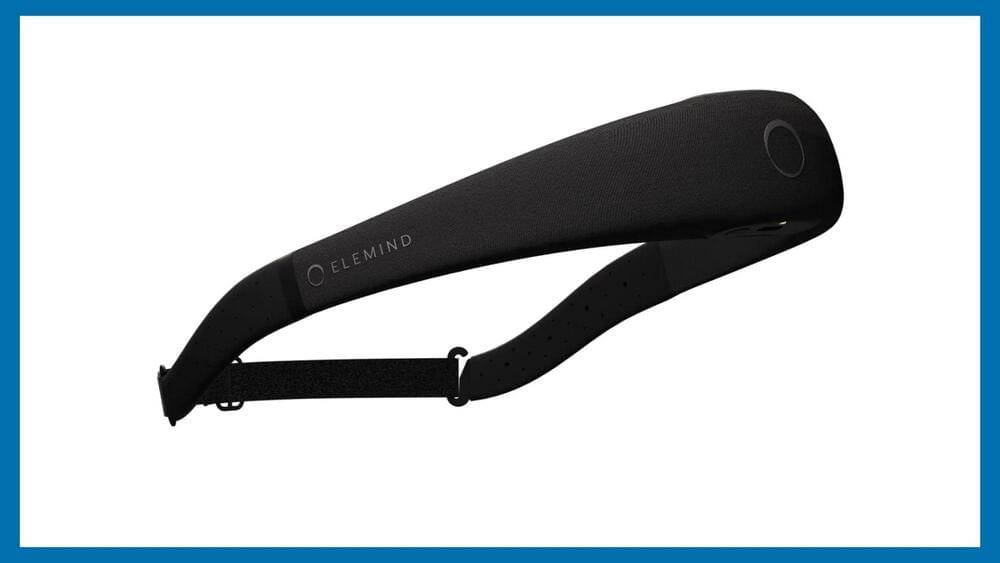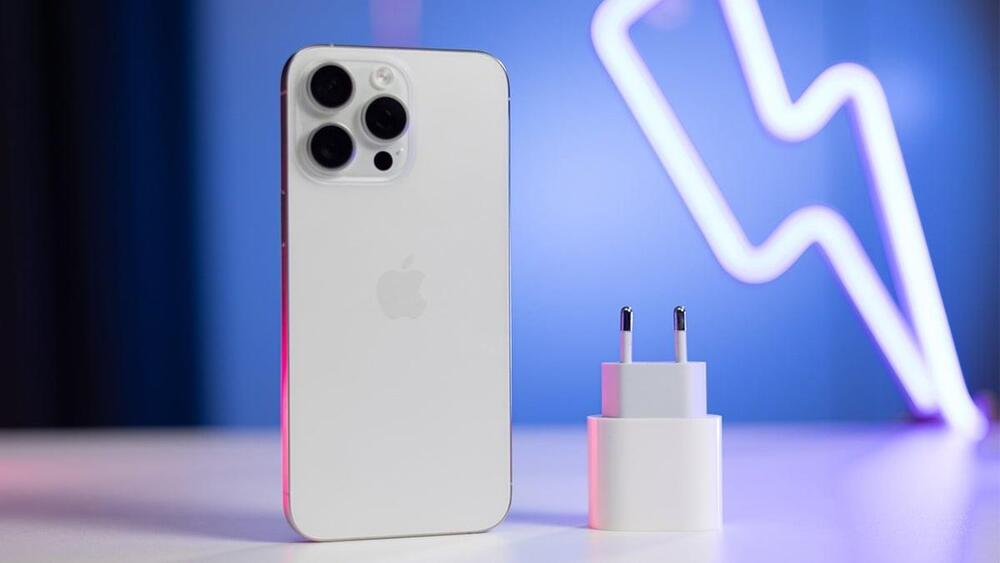Jun 15, 2024
New concrete can turn your home into a giant battery
Posted by Shailesh Prasad in categories: mobile phones, sustainability, transportation
Researchers at Massachusetts Institute of Technology (MIT) discovered that adding a highly conductive substance called carbon black to a water and cement mixture created a construction material that could also serve as a supercapacitor.
Supercapacitors can charge and discharge extremely efficiently but are typically not capable of storing energy for long amounts of time. So while they lack the functionality of traditional lithium-ion batteries – which are found in everything from smartphones to electric cars – they are a useful method of storing excess electricity generated from renewable energy sources like solar and wind.
Since first unveiling the technology last year, the team has now built a working proof-of-concept concrete battery, the BBC reported. The MIT researchers are now hoping to build a 45-cubic-metre (1,590-cubic-feet) version capable of meeting the energy needs of a residential home.

